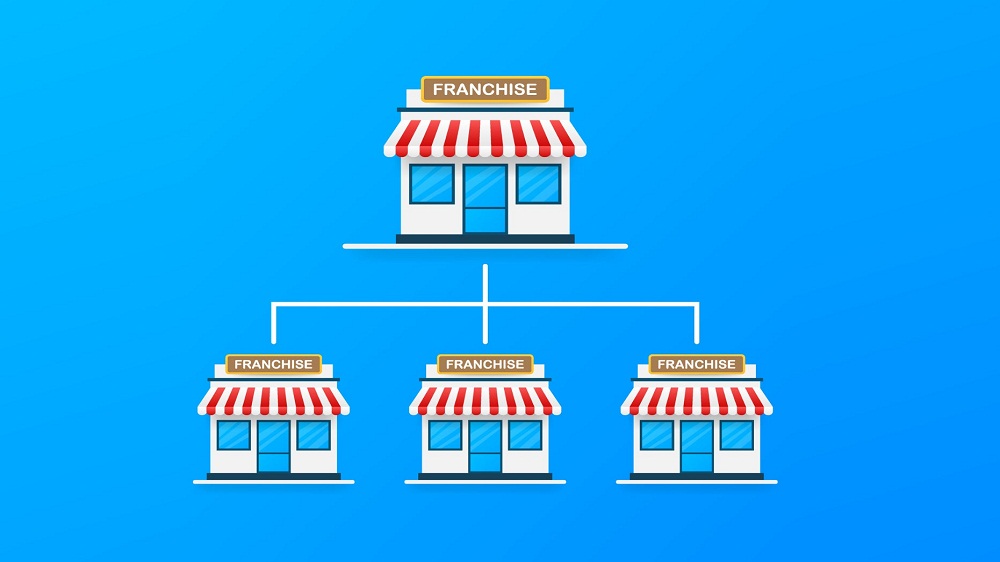How to Create Profitable Partnerships between Franchisors and Franchisees?



Where there are humans involved, there are relationships and all relationships have to be dealt with some kind of management at some time. Even in franchising, the relationship that a franchisor and a franchisee share is a delicate one, where both parties have to take care of each other. It is difficult for them to concentrate on their relationship while focusing on the business.
In order to deal with these relationships, Greg Nathan, Global Franchise Expert from Australia, gives us insights on how to create profitable partnerships between franchisors and franchisees.
According to Greg, when there are unresolved issues and underlying tension, the stress of change and uncertainty hits the unexposed existing relationship.
1. Listen to the other person with an open mind: Both the franchisee and franchisor should be empathetic towards each other.
2. Recognise what you have in common: There are 2 common things among the parties. One is brand love and the other is the commitment to get customers.
3. Express appreciation for small gestures: No one should underestimate feelings. A simple ‘thank you’ stimulates feelings.
4. Be prepared to forget and forgive: When people feel resentful they hang on to feelings leading to destruction and corruption. It is wise to forget and forgive sometimes.
5. Talk about niggles so they don’t build up: Conflict often arises from a build-up. If something is bothering you, it has to be dealt with before it grows. Expressing and taking responsibility for your feelings is necessary.
6. Value differences: It is the differences that make up the whole in life. If one understands the way others think, it makes the whole. Often franchisors lose connection with the real world as they are too occupied. Franchisees are experienced because they are in connection with the customer. Smart franchisor carefully listens to the franchisee’s perspective.
7. Focus on improving and not proving yourself: It has to be a growth mindset. When one wants to prove himself, it always makes the other person prove wrong. Nobody feels good to be proved wrong. Hence, the focus has to be on improving and there has to be courage and humility to hold strong opinions.
8. Be open to seek help: When there is an existing tension in the franchise relationship, help could be taken from a trusted advisor, colleague, or professional.
Greg tells us from his experience that only 20% of 100 franchise networks would be classified as sustainably great in terms of how they operate their business.
Three characteristics of these networks would be:
The curve of life explains that everything rises and then goes down. The same applies to a business as well as franchising. Innovation is the key to keep the curve from falling. Franchisor innovates in the product and service, and franchisee innovates in the form of the location change, multi-unit move, or renovation. Franchisor becomes pushy and franchisee resistant to do things. But if the reasons are understood, it helps the growth.
It is essential to clear values as an organisation, what do you stand for, and why you exist. To create a healthy culture, the best organisations are always talking about the differences they are making to the community like employing people, the health of the economy and so on. The filters that act for clarity are to ask if it's right for the brand and culture, customers, shareholders, franchisees, team suppliers, and staff.
Also, the franchisee is the most important stakeholder for an organisation. If the franchisee is doing well in business, it will maintain good staff, the customers will be happy because of the good staff, the market share will increase because of customers, and eventually, the shareholders will be happy.
Collaboration means working together to maintain a competitive edge. Accountability cannot be shared and the franchisee and franchisor are accountable for three different things.
Franchisee - He is accountable to create customers to advocate for the brand by delivering an excellent customer experience. He has to maximise the profits, control costs, and grow revenue. He is also responsible to participate constructively in franchisee networks and their activities.
Franchisor - The franchisor should lead with credibility. He should be competent in terms of making research-based decisions. He should be trustworthy and caring to consider the personal and business success of the franchisee. The franchisor has to provide relevant support that matches the evolving need of each franchisee. Lastly, he has to protect the brand and not allow anyone to do anything that harms the brand.
According to a study, the relationship between people and performance consists of two attributes, Proactivity and Brand Passion. Proactivity is when a person makes things happen and passion is where one loves their brand and talks about the difference it makes. Along with the supportive culture, these attributes create a whole. Supportive culture is when the franchisor treats the franchisee with respect and genuinely cares about his success.
A franchisor-franchisee relationship starts around royalty and soon grows into a network. But for it to work well, a franchisor has to remember that he should not be making more money from royalty than the franchisee’s profit.
Edited By: Vaishnavi Gupta
